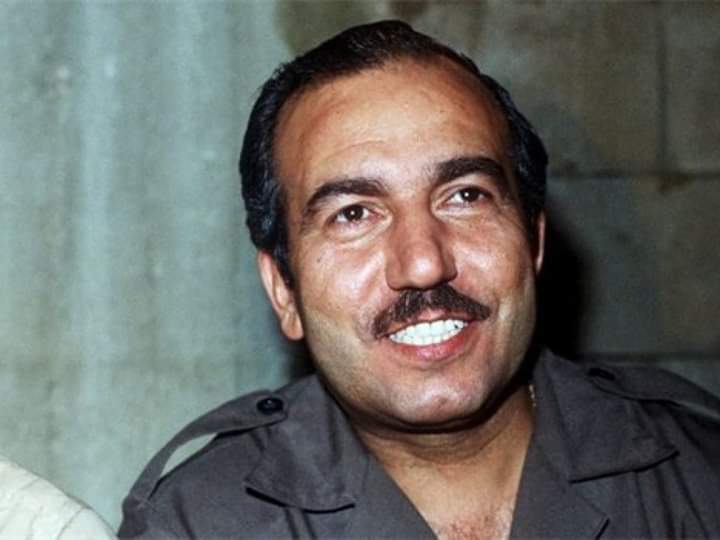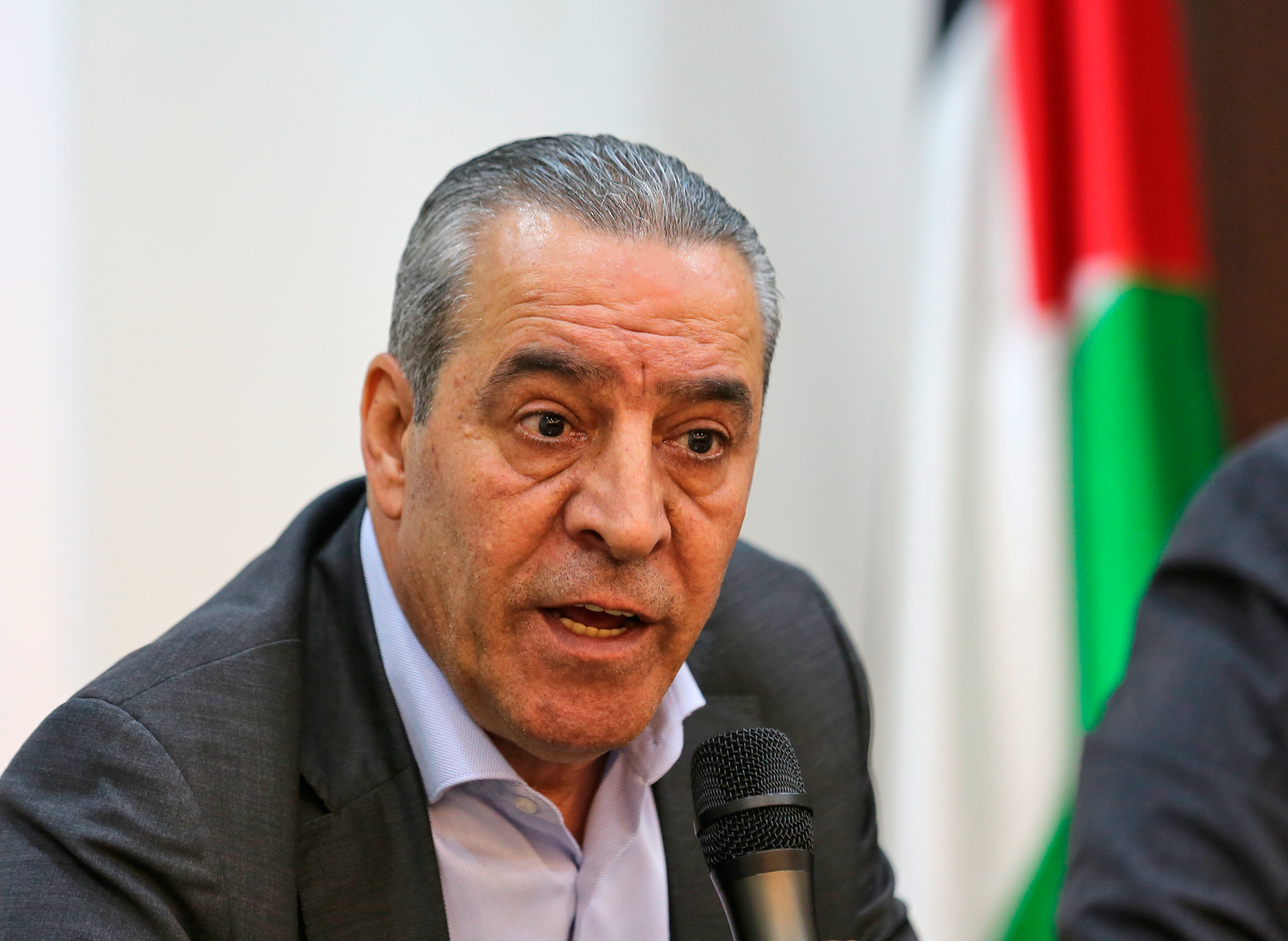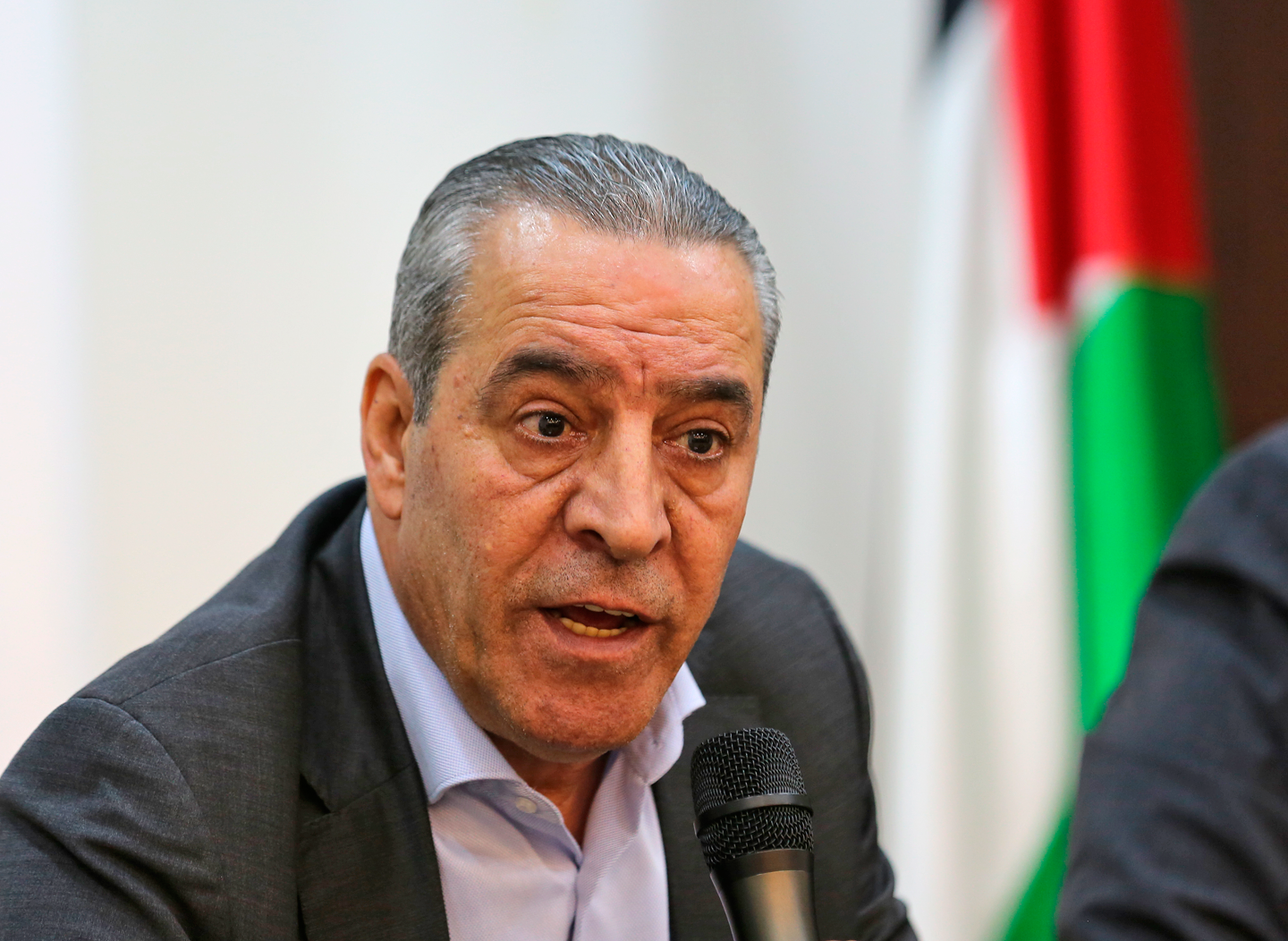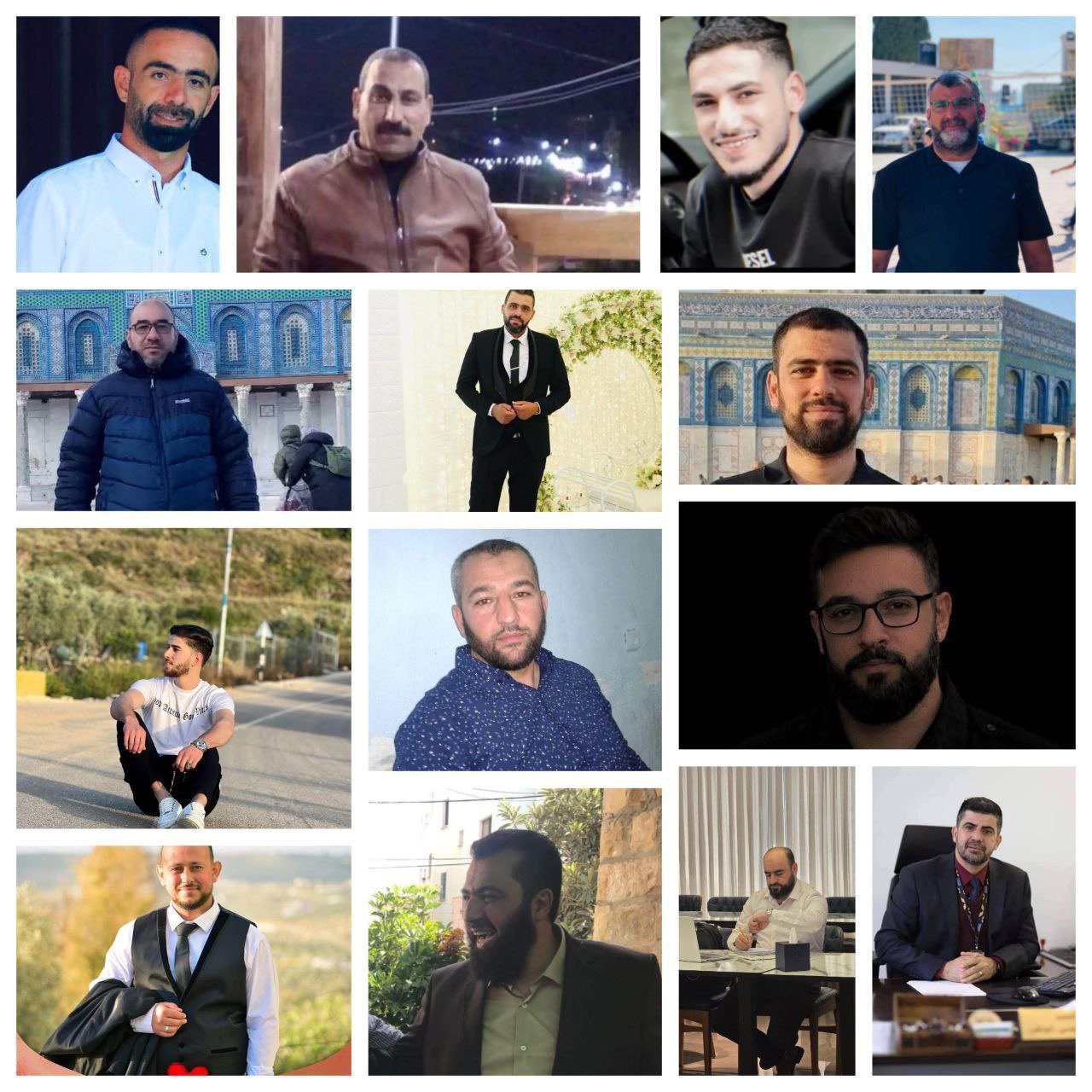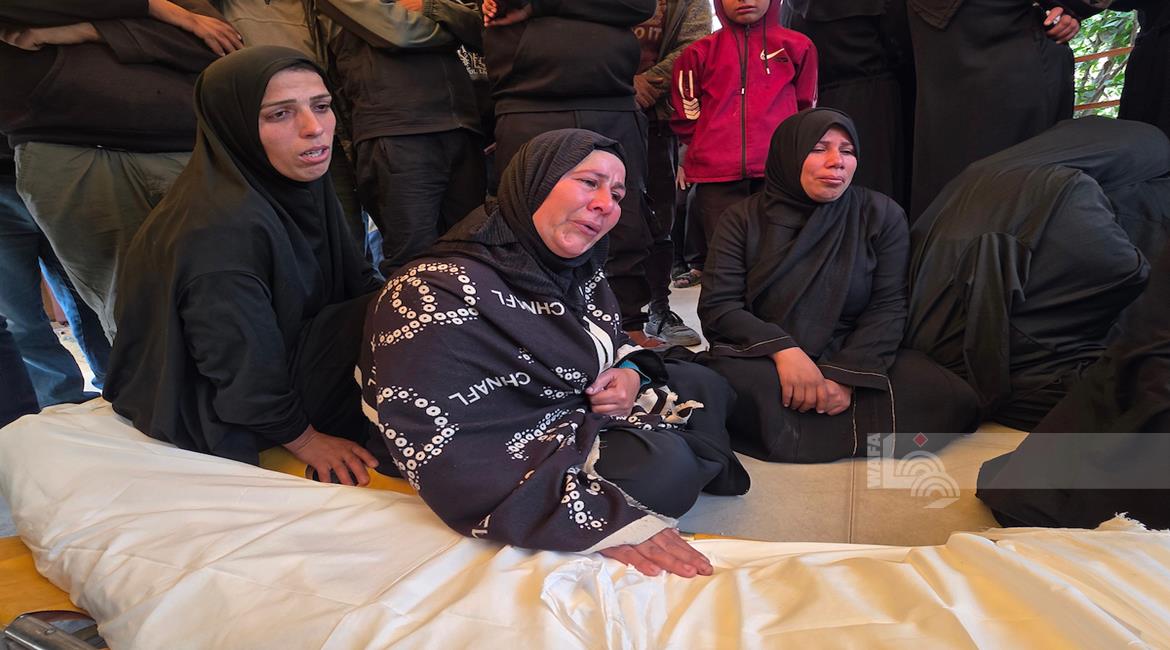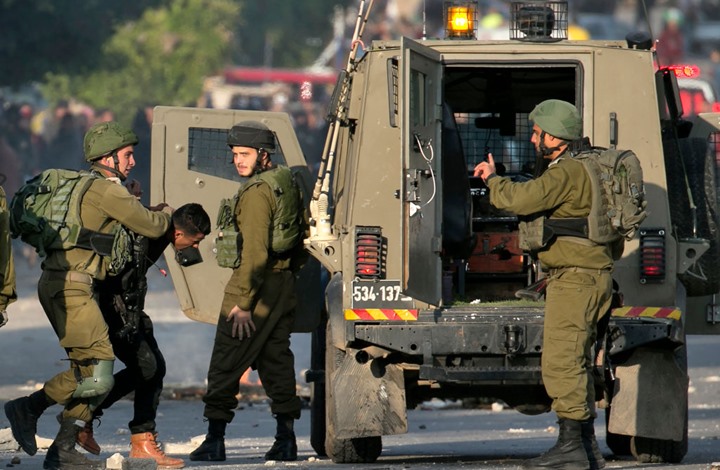RAMALLAH, Sunday, April 16, 2023 (WAFA) – On this day in 1988, Khalil al-Wazir, better known by his nom de guerre Abu Jihad, the co-founder of PLO's Fatah and the right-hand man of late Palestinian leader Yasser Arafat, was executed by Israel's Mossad in his exile in the Tunisian capital Tunis.
Abu Jihad was assassinated in a clandestine Israeli raid in his home in Tunis on the early morning of 16 April 1988 at the age of 52, shortly after the outbreak of the First Palestinian Intifada.
According to some accounts, he was shot on the landing of his house by a gunman who pursued him upstairs when he ran there after hearing the shots that killed two security guards outside. Other accounts say he was working on a memo to leaders of the Intifada, and only had time to fire off one shot from his pistol when the assassination squad had already stormed his house.
Abu Jihad was shot at close range, reportedly 70 times, in the presence of his wife Intissar and his son Nidal, above whose bed a gunman then fired a burst of automatic fire as a warning.
Following his assassination, massive protests immediately broke out across the occupied Palestinian territories, and at least a dozen Palestinians were shot dead by Israeli occupation forces.
Early life and childhood
Abu Jihad was born in 1935 to Muslim parents in the city of Ramla, Palestine, then under British rule. Al-Wazir and his family were expelled in July 1948, along with another 50,000–70,000 Palestinians from Lydda and Ramla, following Israel's mass ethnic cleansing of historic Palestine in 1948, later known as the Nakba.
Abu Jihad in Kuwait
During his time in Kuwait in the early 1960s, Abu Jihad and his comrades founded Fatah, a Palestinian nationalist political organization with the goal of liberating Palestine. He moved to Beirut after being put in charge of editing the newly formed organization's monthly magazine Filastinuna, Nida' al-Hayat ("Our Palestine, the Call to Life").
Relocation to Algeria
Abu Jihad settled in Algeria in 1962, after a delegation of Fatah leaders, including Arafat and Farouk Kaddoumi, were invited there by Algerian President Ahmed Ben Bella. Al-Wazir remained there, opened a Fatah office and military training camp in Algiers and was included in an Algerian-Fatah delegation to Beijing in 1964.
Military life under PLO command in Jordan
In the late 1960s, and during the Battle of Karameh in March 1968, he and Salah Khalaf held important command positions among Fatah fighters against the Israeli occupation army, which boosted his position as a military strategist. This eventually led to him taking command of al-Assifa. He was also put in charge of guerrilla warfare operations against the Israeli occupation in the occupied Palestinian territories.
Military action in the West Bank and Gaza
In the early and middle 1980s, Abu Jihad established a solid Fatah base in the Israeli-occupied West Bank and Gaza Strip. In 1982, he began to sponsor youth committees in the territories. These organizations would grow and initiate the First Intifada in December 1987.
The Intifada began as an uprising of Palestinian youth against the Israeli occupation of the West Bank and Gaza Strip. On 7 June 1986, about a year before the Intifada started, he was deported from Amman to Baghdad, eventually moving to Tunisia.
The first stage of the Intifada took place upon escalation of two unrelated incidents in the Gaza Strip. The first was a traffic incident at the Erez checkpoint, where an Israeli military vehicle rammed into a group of Palestinian laborers, killing four of them. The funerals, attended by thousands of people from the camp that evening, quickly led to a large demonstration and subsequently massive protests against the occupation across the West Bank and the Gaza Strip.
Within weeks, the PLO became the de factor director of the uprising, which lasted until 1991. Al-Wazir had been assigned by Arafat the responsibility of the territories within the PLO command. According to journalist Said Aburish, Abu Jihad had "impressive knowledge of local conditions" in the Israeli-occupied territories, apparently knowing "every village, school, and large family in Gaza and the West Bank".
Abu Jihad provided the uprising with financial backing and logistical support, thus becoming its "brain in exile". He reportedly activated every cell he had set up in the territories since the late 1970s in an effort to militarily back the stone-throwers who formed the backbone of the Palestinian revolt.
M.N




